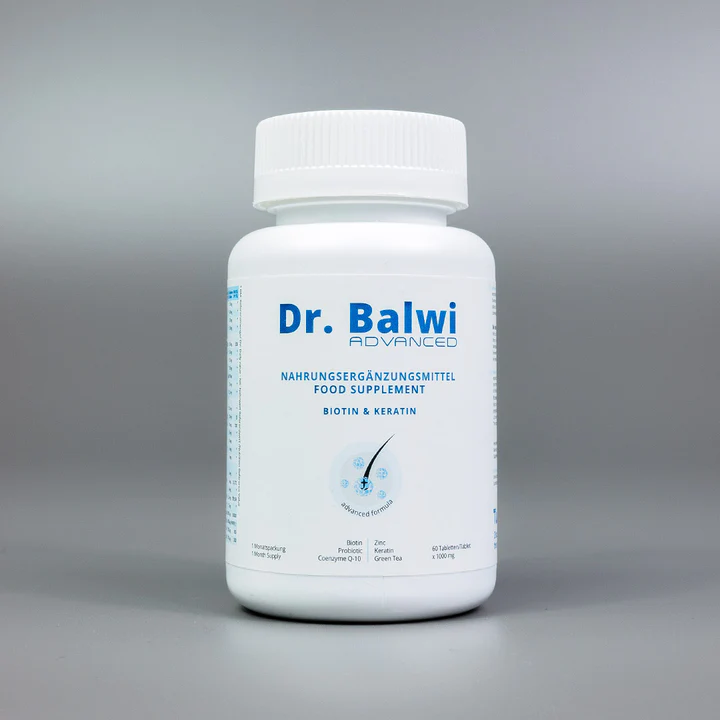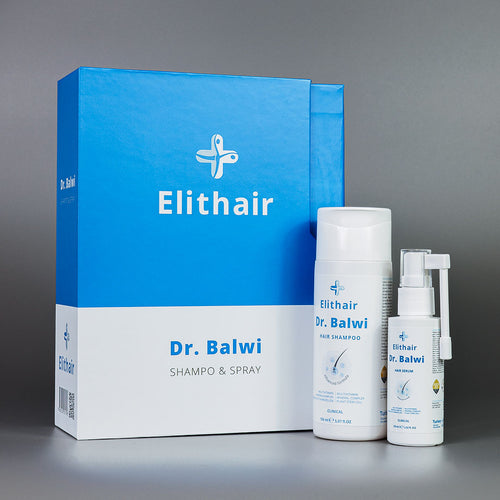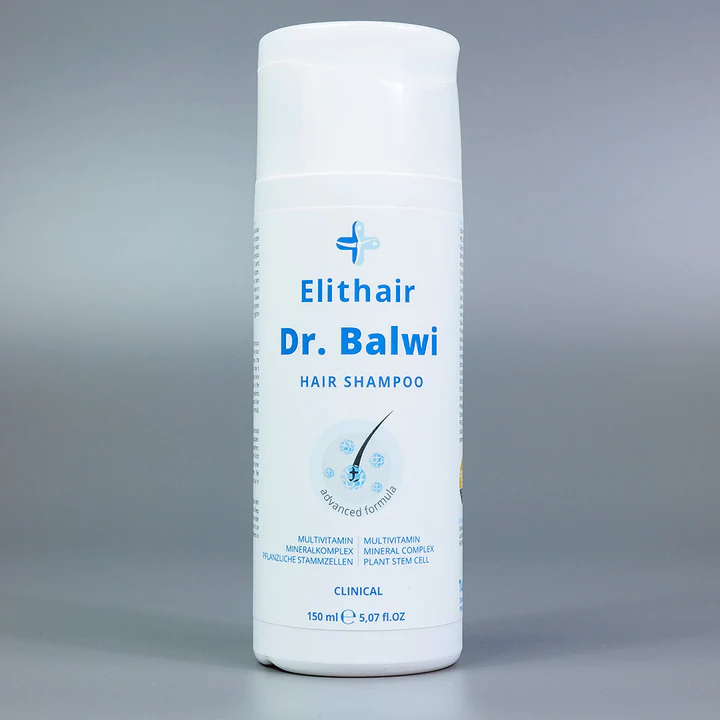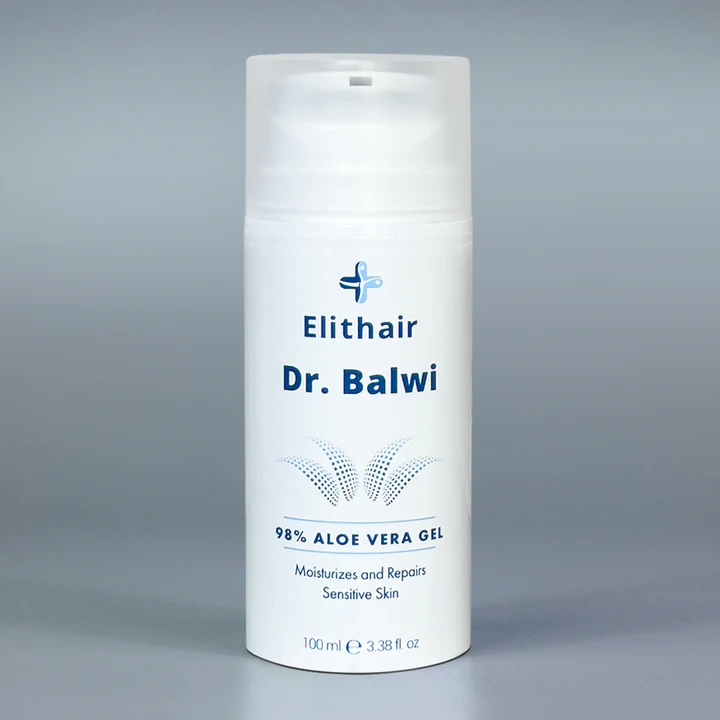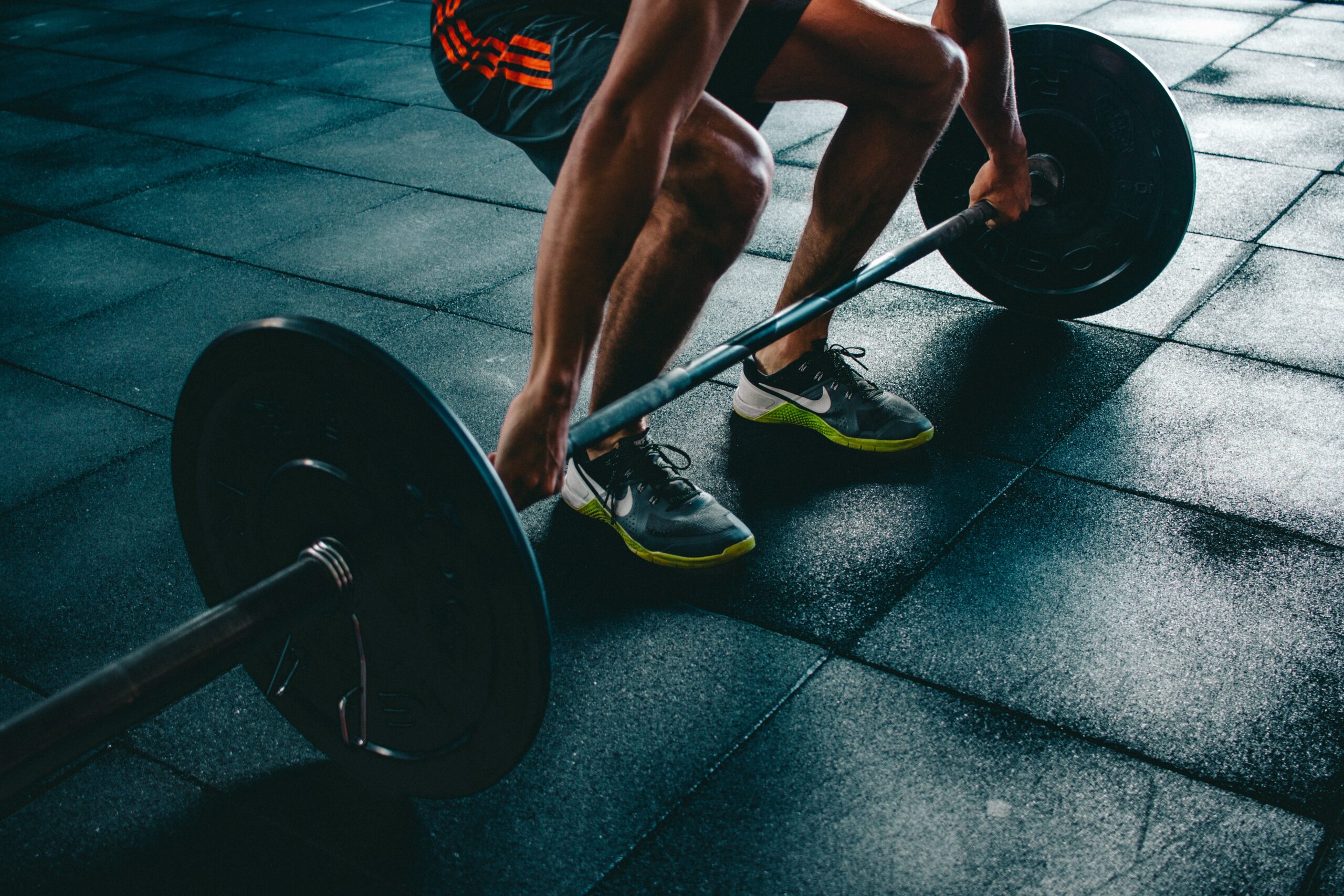
Is There a Connection Between Exercise and Hair Loss?
Having a healthy diet and exercising regularly can have a great impact on your body and mind. Maintaining a balance with your diet and workout regime is crucial to staying healthy, but also preventing hair loss. In this article, we’ll look at the connection between exercise and hair loss and how you can keep fit while protecting your hair.
Summary
- How Exercise Affects Your Hair Health
- Increased Exercise and Hair Loss
- Tips for Supporting Exercise and Hair Loss Reduction
- Conclusion
How Exercise Affects Your Hair Health
Exercising has a range of benefits which can actually help with your hair growth. Regularly working out can improve not only your body, but can aid your mental health. After exercising, your body releases a hormone known as serotonin. This is known to help relieve stress and help you feel and look better.
With reduced stress, your hair loss can be reduced or slowed down. That’s because stress can have a negative impact on the health of your hair, as it is known to contribute to sudden hair loss. This is also known as telogen effluvium.
Physically, training can also help with the circulation of your blood. With healthy blood circulation, your hair can receive more oxygen and minerals. These are necessary for healthy hair growth. When there is a short supply of oxygen and minerals, the body will prioritise vital body functions and hair growth is not considered vital.
Increased Exercise and Hair Loss
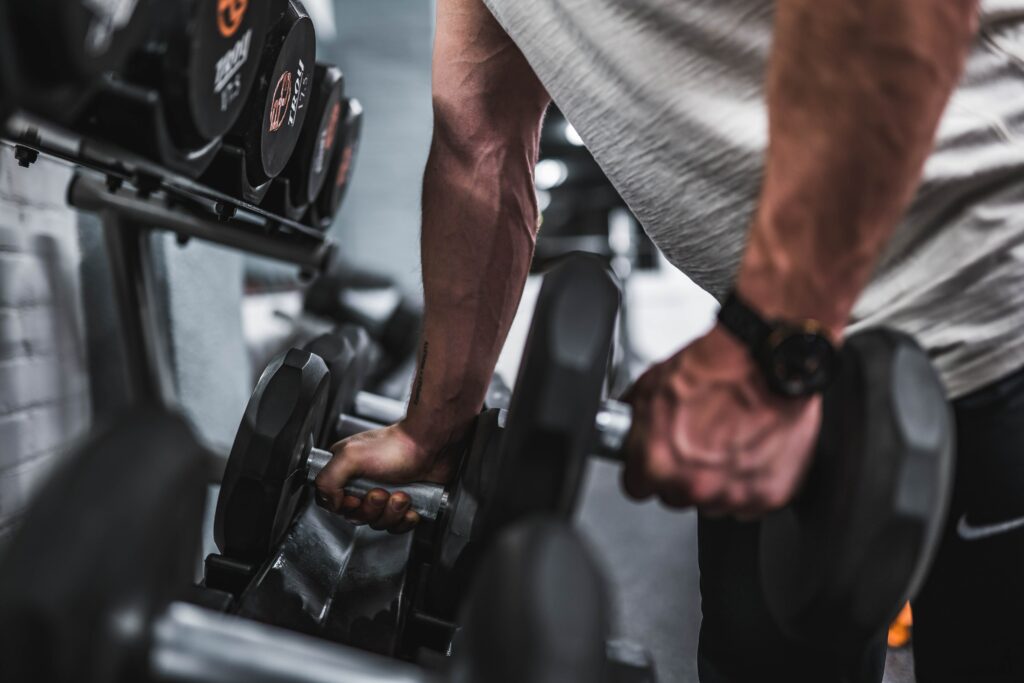
On the other hand, if you exercise too much, you may be putting your hair at risk. When you exercise, you naturally produce testosterone. In small amounts, it won’t have much impact on your hair growth. However, with intense exercise, the hormone levels increase more significantly and may lead to hair loss. The testosterone would need to be present in high quantities for the hair loss to appear noticeable, though.
It’s not only the exercise itself that may cause hair loss, but the workout supplements you may be taking alongside it. While they may help with training, they can have a negative impact on your hair. Products like protein shakes can effect your testosterone levels and if you are predisposed to male pattern baldness then it can be concerning.
With intense workouts comes increased sweating. While it may sound strange, sweating can have a negative effect on your hair growth. This is because sweat is not only made up of water, but also natural salts. These can cause damage to your hair follicles by clogging them.
Tips for Supporting Exercise and Hair Loss Reduction
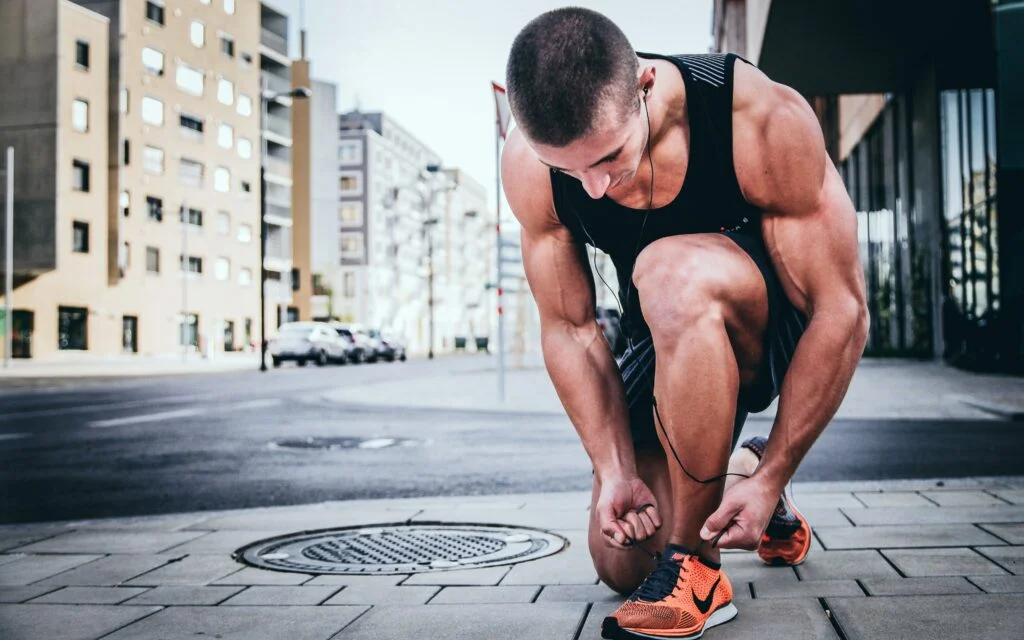
There are some important factors to consider if you’re looking to improve your workout routine:
- Vary your workout: It’s essential to have balance in your routine in order to keep your testosterone levels lowered. Try to switch up your regime by adding lower-impact exercises such as walking and swimming. You should also consider a non-physical activity to wind down after a workout, such as meditation.
- Ensure your diet is balanced: When working out, you need to make sure you’re not only getting enough calories, but also the right vitamins and minerals. These include iron, vitamin D, folate, vitamin B12 and selenium. Supplements such as Dr. Balwi’s Biotin and Keratin provide maximum growth while strengthening the hair structure.
- Use the right haircare products: washing your hair after exercise is essential for maintaining a healthy scalp. To ensure your follicles aren’t clogged, you need to make sure your scalp is clean after your workout. Our shampoo and spray set provide optimal care for your hair.
Conclusion
Exercising can provide a range of benefits, but balance needs to be maintained in order to ensure your body stays healthy. Alternating between a range of exercises when working out, keeping a balanced diet and using the right products is key to minimising hair damage.
Have you noticed increased hair loss from exercising? If you’re concerned about permanent damage to your hair, contact one of our experts today to learn about hair transplantation: the only long term solution to hair loss.
